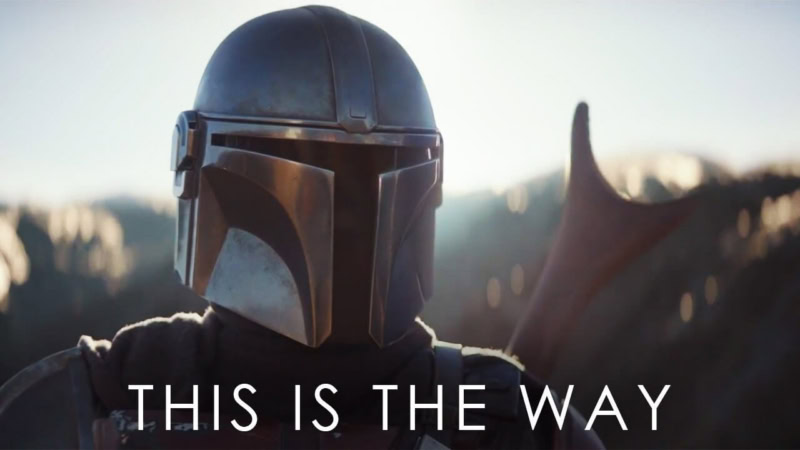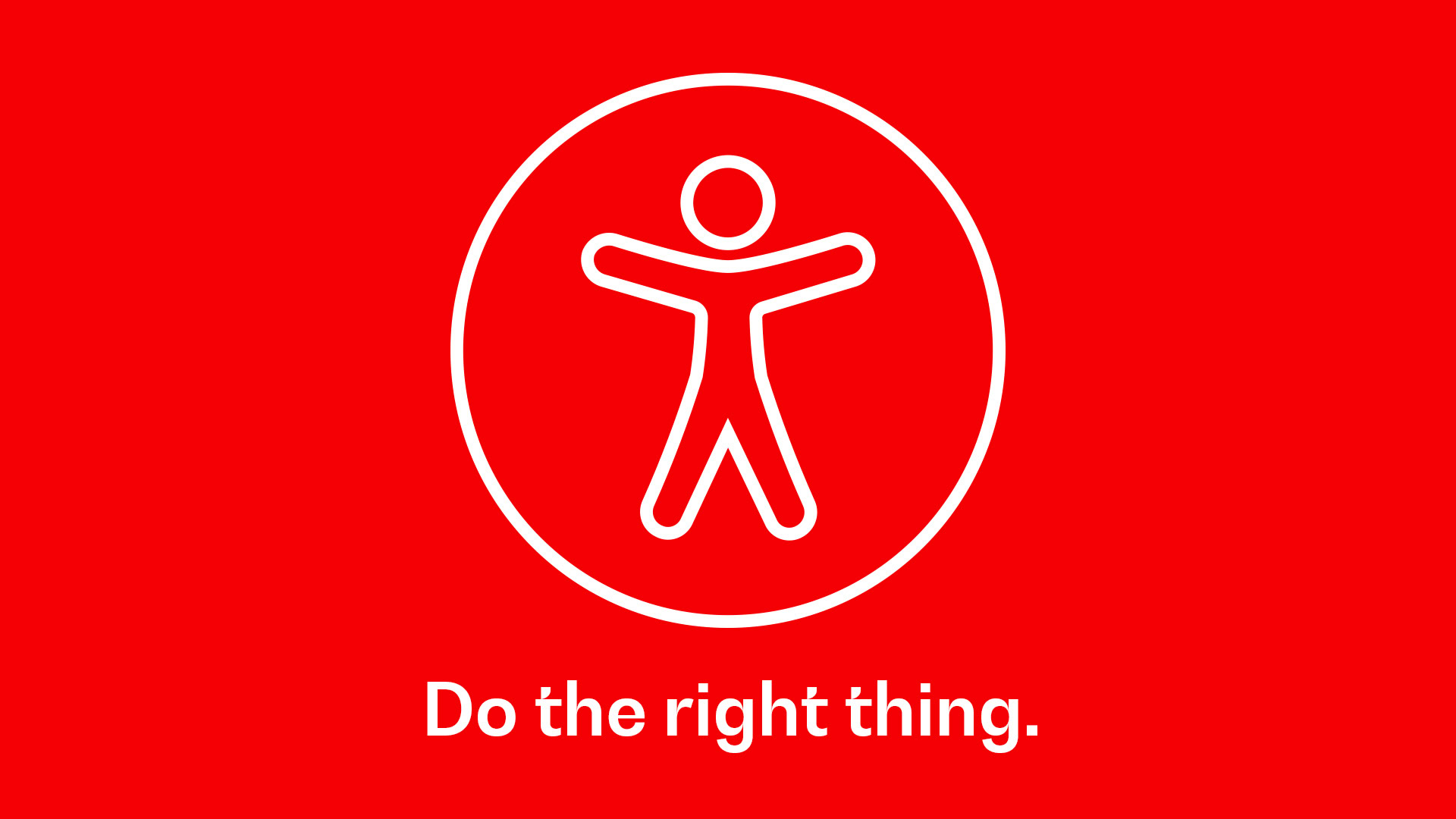I’m known for my matter-of-fact writing and talking style. I come by it naturally, so I hope readers aren’t offended if I tell them that their websites aren’t accessible, and that’s a dick move.
I covered this 2 years ago in my “Don’t be a dick” series. You can read that here: Accessibility, compliance, and your winery website.
A significant amount of time has passed since then.
So what’s changed with website accessibility?
Legally: not very much. There have been ample lawsuits filed, most settled out of court. Some went to trial, some defendants lost, some plaintiffs lost. There hasn’t been any real ground made here for legal precedence. The laws themselves have remained unchanged, you can recap them at the link above.
Morally: a whole lot. And that’s a good thing. Accessibility has become a mainstream topic in the larger world of web development. At 5forests, we’ve doubled down on our efforts to make accessible websites. It’s a major test factor in development pipelines for modern businesses. More advocates have their voices heard on social media, which helps us all. In the last article I said this:
When was the last time you tried to use your own website without a mouse? Or with your screen turned to grayscale? Or with a screen reader? Try it. Please.
Accessibility isn’t a feature. A website that isn’t accessible is literally preventing someone from accessing the data like anyone else could, which is discrimination. Let’s start fixing that.
Michael Bourne
We practice what we preach. And we’re proud to say we’re one of the very few agencies making more accessible websites for wineries today, because we are committed to doing the right thing. I’ll talk more about that in a few minutes.
The topic of todays post isn’t what we’re doing, it’s what others are doing, and why it might not be the best for our industry.
Many agencies still aren’t doing anything for accessibility.
It’s true. A common thing we see done on winery websites in 2021 is absolutely nothing. No effort being put into accessibility. And these aren’t DIY sites made by the winemaker, these are custom sites that the winery paid someone to build for them.
And to really make it cheeky, they often have an “accessibility statement” linked in their footer. It makes you wonder what article these other “professionals” read that made them think a simple disclosure on the site was good enough.
Do they not care about people at all? Do they not care about the winery? Sure doesn’t seem like it.
Some agencies are using an accessibility overlay.
The bottom barrel “Band-Aid solution” of accessibility: the overlay. These are predominantly marketed and sold by the “don’t get sued” crowd.
Will they help real people? Not always. But they might meet the minimum criteria for a business to not get sued (or not lose that lawsuit).
Accessibility overlays do not make your website accessible.
This is a sore spot for many. The companies behind these overlays spend big dollars convincing you they work. They make bold claims about their effectiveness. Clear promises of functionality. The larger ones even have their own “automated accessibility scanning tools” that will detect their own scripts on a website and give it a test result with lots of pretty green lights and great big perfect scores.
Do they over promise and under deliver? We think so. And so do many, many web developers, accessibility advocates, and website users. We first said this 2 years ago, and since then, more and more experts have come to that realization.
So why, in 2023, are so many other agencies using them on their websites? Why do they go as far as to pay for the custom branding packages for these overlays?
I do think they have their place, however, as a temporary solution while something more permanent is made. That sounds perfect. Anything is better than nothing.
Few agencies are making accessible websites.

True accessibility is a moving target, one you’re always striving to do better at, because it’s the right thing to do. You do this for real people. You measure this with real experiences, not just a checklist.
We’re not perfect, but we are improving every day.
I can be quite honest about this: Accessibility is a moving target, and you should always be learning, listening, testing, and improving. We are. Every site 5forests launches is an opportunity for us to listen and learn and improve our own work, and it’s something we put real effort into.
If that sounds like the kind of partner you want on your side, let us know.
